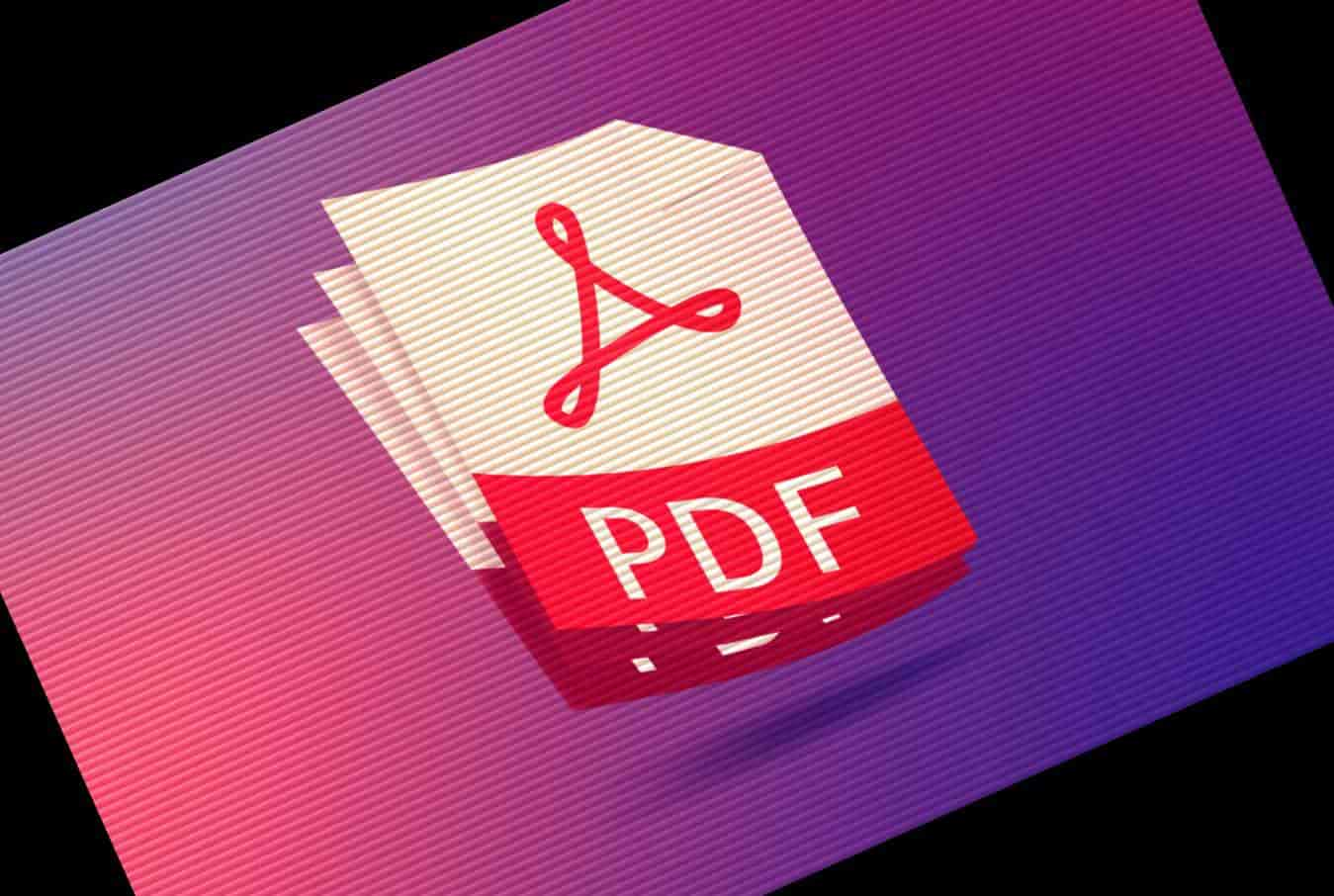Several VPN and proxy servers tout their ability to unblock Netflix or remove its geo-restrictions but, what’s best for you?
Traveling or moving internationally can be exciting. There are fresh things to see and experience. However, there will be times when you just want to enjoy things that you are familiar with. That is why it can be jarring for a person to use Netflix or other streaming services when they are abroad and realize that either Netflix is blocked completely or the catalogues of movies available are extremely limited.
There are several virtual private networks (VPN) and proxy servers that tout their ability to unblock Netflix or remove its geo-restrictions. The question is, what works better, using a VPN or a proxy server?
What Is the Difference Between a Proxy and a VPN?
Proxies and VPNs are tools designed to increase your privacy. Their purpose is to let you access the Internet anonymously. They hide your IP address in distinct ways.
Proxies work best for anonymous web browsing or for getting around some content restrictions. A proxy’s strong point is its ability to mask your IP or misdirect your IP, making it seem as if you are in a different geographic area than your actual location.
This is good if you are looking to view restricted content on Netflix. Proxies will also let you get around content monitoring and restrictions. This means that they may make it possible for you to stream Netflix from your work computer using a monitored network.
See: 8 best dark web search engines for 2020
A VPN client is stored on your computer or device. It creates a secure tunnel between you and the VPN server. Basically, it takes the place of your local ISP routing. A VPN also encrypts your connection and secures all the traffic travelling back and forth on your network. Proxies can’t do this. Proxies only secure HTTP or SOCKS calls from your browser.
A VPN is a phenomenal security tool if you want to connect to public Wi-Fi, like at a coffee shop. The VPN adds a second level of privacy, protecting you from nefarious individuals who may want to use the coffee shop’s network to steal your personal information.
Depending on the VPN service you are using, VPNs can be an effective way to circumnavigate geo-restrictions on Netflix. Certain VPNs, like ExpressVPN, have servers that are dedicated to streaming, which improves your chances of being able to watch the Netflix program of your choice.
Will Ellis from Privacy Australia conduct 12-month research on VPNs that are able to circumvent blocked content that allows you to access US Netflix?
His report showed that not all VPNs give you the same quality in streaming blocked content regarding streaming speed, content, the number of devices you can use your VPN service on, etc (you can check out his full report here).
Also, he advises you to avoid free VPNs because they are not secure and can sell your data to advertising companies and on the dark web leaving you vulnerable to identity theft.
The Downsides of Using a VPN or a Proxy
For all their benefits, there are some downsides to using a VPN or proxy to stream content on Netflix. First, you might see some performance issues that will either completely prevent you from streaming or downloading or cause the stream to be glitchy.
One way to get around this is to purchase a private proxy server that puts limits on the number of users that can access it.
Proxies are known to have security vulnerabilities that can be exploited. If proxies are not properly configured, they can serve as a gateway for nefarious individuals looking to steal your private data.
And for all their talk of privacy, some proxies have been known to store, track, or monitor your browsing or streaming habits. They might even keep track of usernames and passwords for programs used like Netflix. Of course, this negates the promise of anonymity.
VPNs can be a crapshoot. If you get a good VPN, you might only see a slight reduction in Internet speed and only experience minor performance issues. Other VPNs can be so bad that streaming is virtually impossible.
Since you are using a local client when creating the connection on the VPN server, any issues you have with your computer, such as not having enough memory, will slow your connections to a halt. VPNs are usually more expensive than a proxy server.
Some VPNs do a phenomenal job of protecting your privacy. There have been several famous cases where VPN companies have been subpoenaed by governments to hand over their servers only for the government to realize that these companies store no private information about their clients.
That being said, cheaper VPNs or free VPNs have developed a reputation for being full of privacy issues. When searching for a VPN to use for Netflix, besides asking whether the service will work, you need to become familiar with the VPN company’s logging policies. If they store your private information, stay away.
Also, when it comes to VPNs or proxies, we recommend staying away from free services. As a rule of thumb, if a VPN or proxy service is free, it is because they are selling you the service.
The Benefits of Using VPNs and Proxies When Streaming Netflix
The biggest upside of using a VPN as opposed to a proxy is that with a VPN, all your Internet traffic is encrypted. VPN providers have their own networks and their own servers for your IP connections. If you spend money and get the best VPN providers out there, you will benefit from a logging policy. This means that none of your browsing habits are being stored.
While there are several benefits to using proxies, we feel that the potential security downsides and the lack of encryption far outweigh their benefits. With a VPN, you will get all the benefits that a proxy can provide and the specialized benefits that many VPN providers offer. We cannot reiterate enough how important it is for you not to go cheap.
Many VPN services offer a free trial. We recommend that you use their free trial and test it with Netflix. Try it at different times of the day to make sure that regardless of how strong your Internet signal is, the VPN will work as you want it to.
Neither VPNs nor proxy servers can protect you 100 percent from cybersecurity issues. They can help, but they will not stop someone from stealing your personal data if they really want to. They won’t prevent a ransom or attack or other types of coordinated infiltration efforts. However, they will make things harder for cybercriminals.
Did you enjoy reading this article? Do like our page on Facebook and follow us on Twitter.












